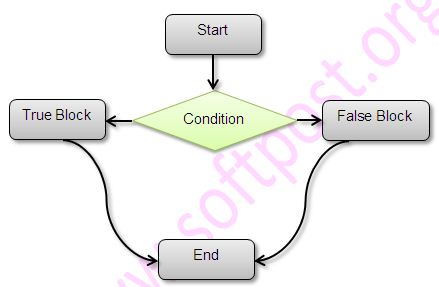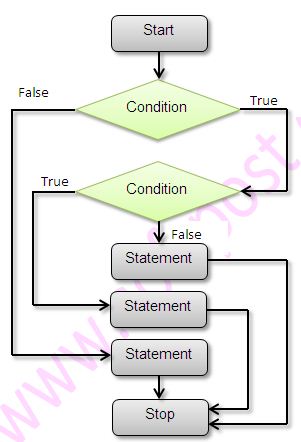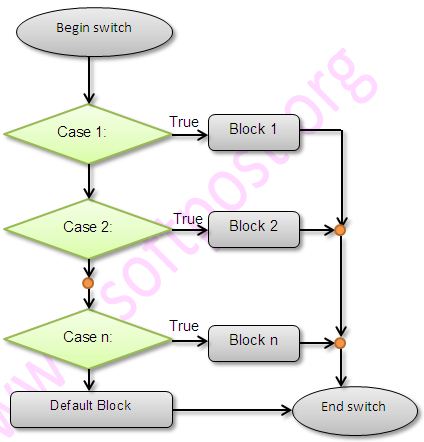Java Tutorial
IntroductionEnvironment SetupIDEBuild ManagementLanguage SpecificationBasic ProgramVariablesData TypesPackagesModifiersConditionalsLoopsObject OrientedClassesSuperInterfacesEnumStatic importInheritanceAbstractionEncapsulationPolymorphismBoxing & UnboxingConversion Formatting numbers Arrays Command line arguments in java Variable Number of arguments in Java Exception handling in Java String handling in Java StringBuffer and StringBuilder in Java Mathematical Operations in Java Date and Time in Java Regular expressions in Java Input output programming in Java File Handling Nested Classes Collections Generics Serialization Socket programming Multi-Threading Annotations Lambda Expressions Reflections in Java Singleton class in Java Runtime Class in JavaHow to load resource in JavaHow to load properties file in JavaAdvanced
Log4j – Logging framework in JavaInterview Questions in JavaThere are 2 types of conditional statements in Java.


- if…..else
- Conditional operator ?:
- switch
package conditional_statements;
/**
* Created by Sagar on 16-04-2016.
*/
public class Conditionals {
public static void main(String [] args){
int a=13,b=11,c=2;
if (a > b){
System.out.println("a is bigger than b");
}else {
System.out.println("a is less than b");
}
int choice=2;
switch(choice){
case 1:
System.out.println("Choice is " + choice);break;
case 2:
System.out.println("Choice is " + choice);
System.out.println("This block of code will be executed");
break;
case 3:
System.out.println("Choice is " + choice);break;
default:
System.out.println("Choice is default");
}
}
}
a is bigger than b
Choice is 2
This block of code will be executed


Conditional Operator ?:
Below example illustrates use of conditional operator.
package conditional_statements;
/**
* Created by Sagar on 19-04-2016.
*/
public class Condition {
public static void main(String args []){
int a = 10;
//normal if condition
boolean result ;
if (a%2==0){
result = true;
}else{
result = false;
}
System.out.println("Result is -> " + result);
//based on outcome of condition, assignment is done
result = (a%2==0) ? true :false;
System.out.println("Result is -> " + result);
}
}
Result is -> true
Result is -> true

Web development and Automation testing
solutions delivered!!